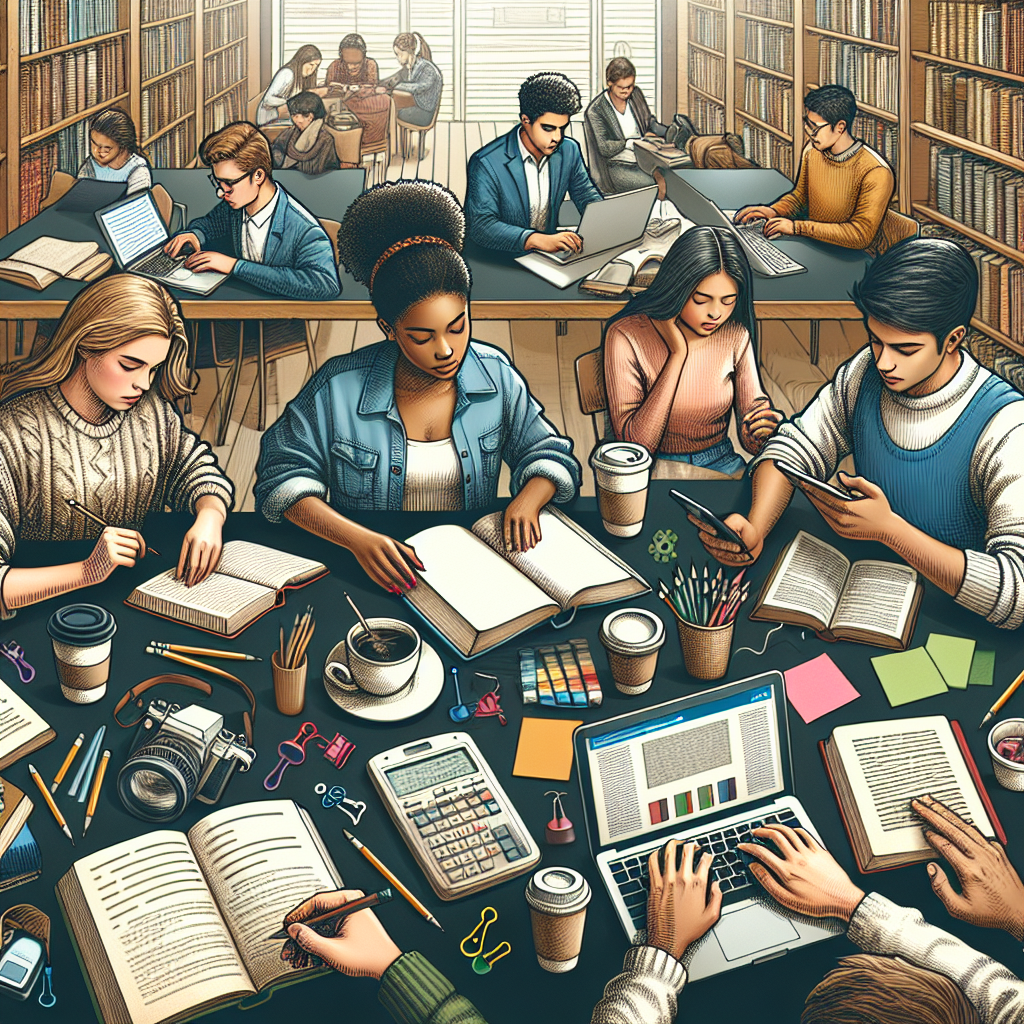My Time as an Undergraduate Student

I studied chemistry for three years and earned a bachelor's degree. The greatest conflict I faced was between ideals and reality. In an ideal world, I could devote all my time to scientific research. I became fascinated with quantum mechanics, the most challenging subject I had ever studied. Schrödinger's cat seemed counterintuitive in the microscopic realm, and the mathematics involved were incredibly complex, involving equations with multiple dimensions and variables.
However, I also had to consider the job market in Hong Kong, a global financial hub with limited industries. Many top students opted for business school to enhance their employment prospects, leaving morale extremely low among chemistry students. The coursework was challenging, and many instructors seemed more interested in their research than in teaching. There were a few exceptions, though; my favorite was Professor Chu Ming Chung from the physics department. He had studied under the renowned American physicist Richard Feynman and greatly expanded my understanding of Einstein's general theory of relativity, sparking my interest in the universe.
Outside of academics, I gained valuable experience volunteering with the student union. Unlike my high school's student union, which focused mainly on entertainment and shopping discounts, the university student union was deeply engaged in societal and political issues. Though most active members were public administration students, I was one of the few science students who participated. We engaged in intellectual discussions, debating the philosophy of justice and the equitable distribution of limited resources.
We also explored fundamental questions like the role of government and student unions, the necessity of democracy, and civic responsibilities. These discussions were conducted in an environment that welcomed diverse perspectives, though we recognized the risks associated with discussing sensitive topics like the Tiananmen Square protests.
I was particularly proud to be a part of the Chinese University of Hong Kong's New Asia College, founded by eminent Confucian scholars Qian Mu and Tang Chun I. They dedicated their lives to fighting communism and preserving Chinese culture. The school's ethos, focused on integrity, morality, and responsibility, had a profound impact on me.
During the summer, I traveled to the United States on a working holiday. The experience was eye-opening, from the cultural differences in public transportation to the Americans' open attitudes toward sexuality. Working a minimum-wage job selling souvenirs, I also learned valuable life and sales skills.
When I returned to Hong Kong, I faced various personal and career challenges. A long-distance relationship ended, and I struggled to find a fulfilling job. Eventually, I took a part-time job at Uniqlo, where the repetitive nature of the work led me to question the meaning of life and my educational choices.
Fortunately, I soon received a full-time job offer as a test engineer in a lab that assesses the chemical safety of food utensils. This role felt more aligned with my chemistry background and prompted less existential questioning. Before starting my new job, I took a life-changing trip to Australia, which I'll detail in the next chapter.